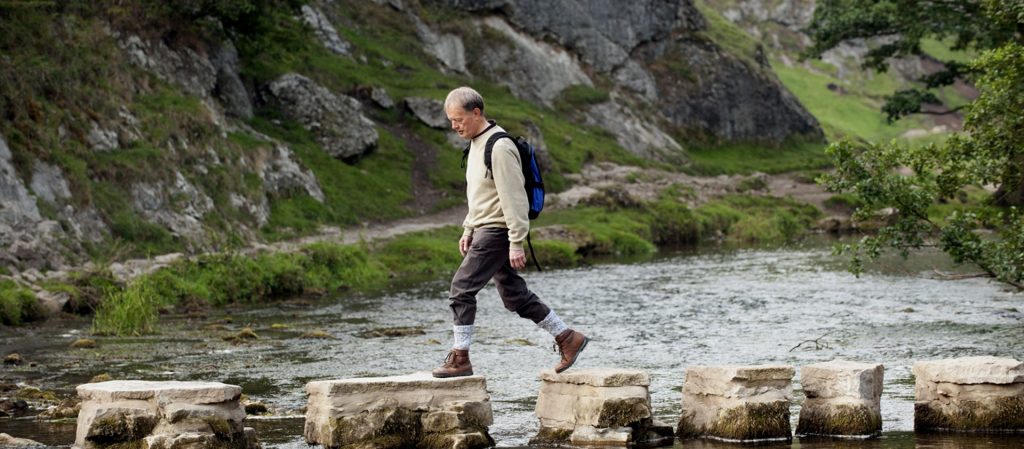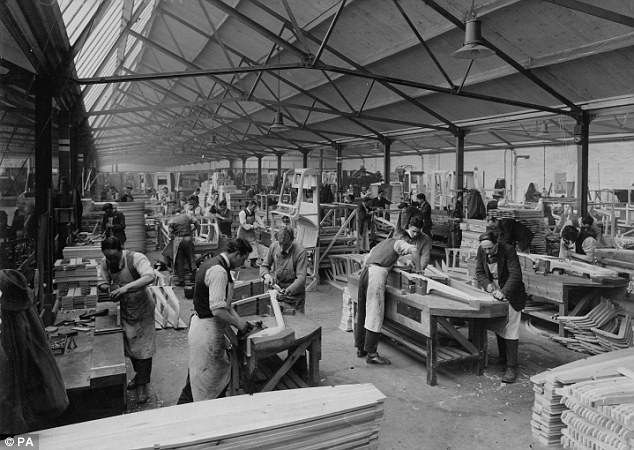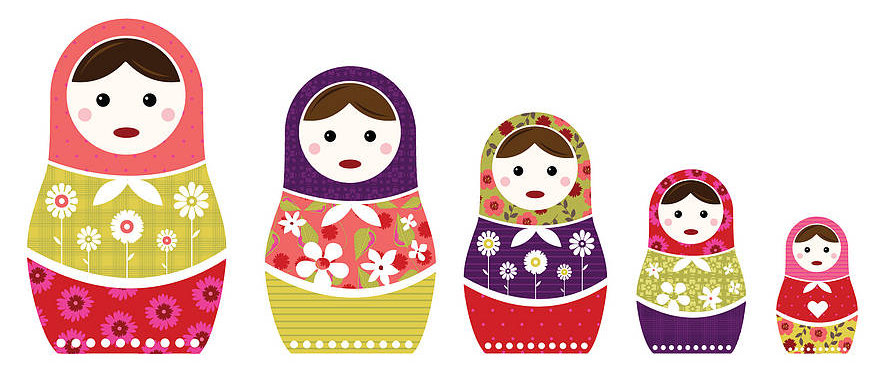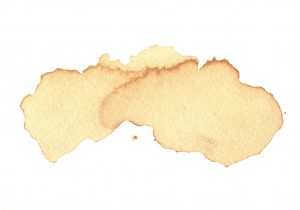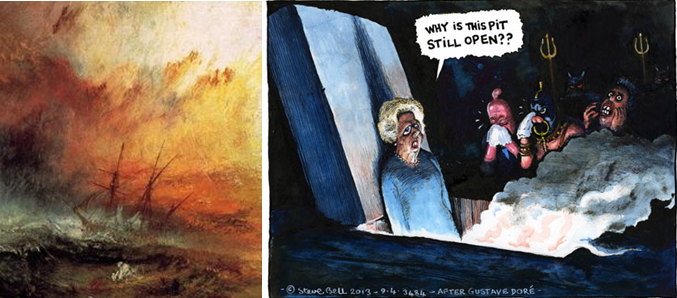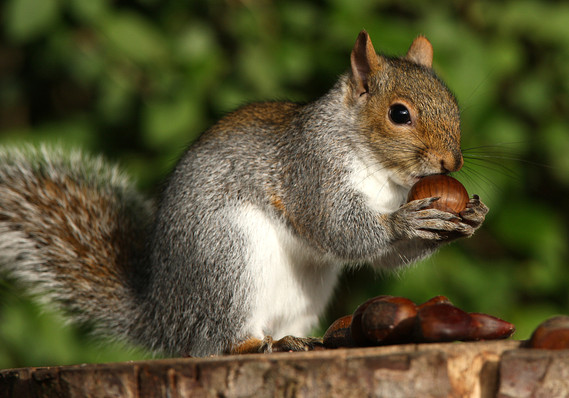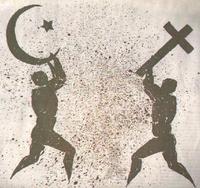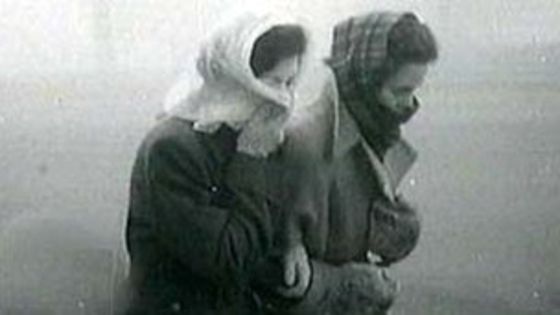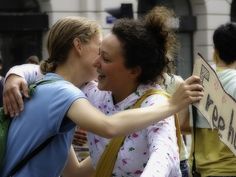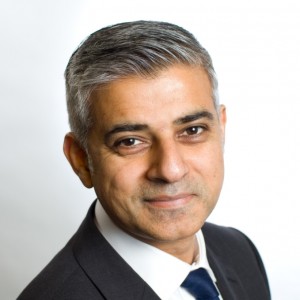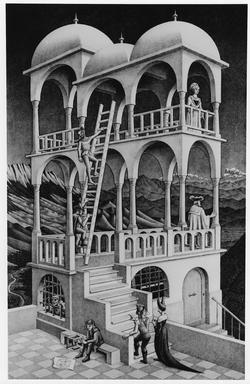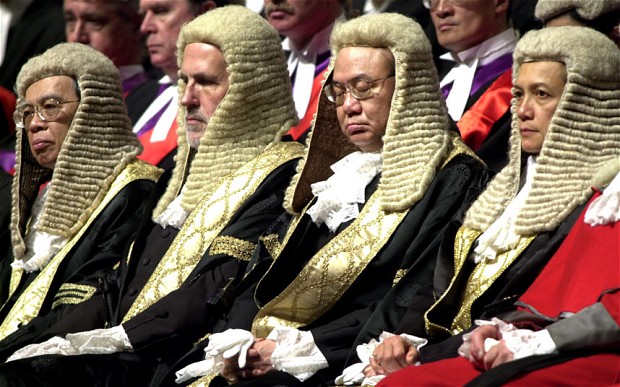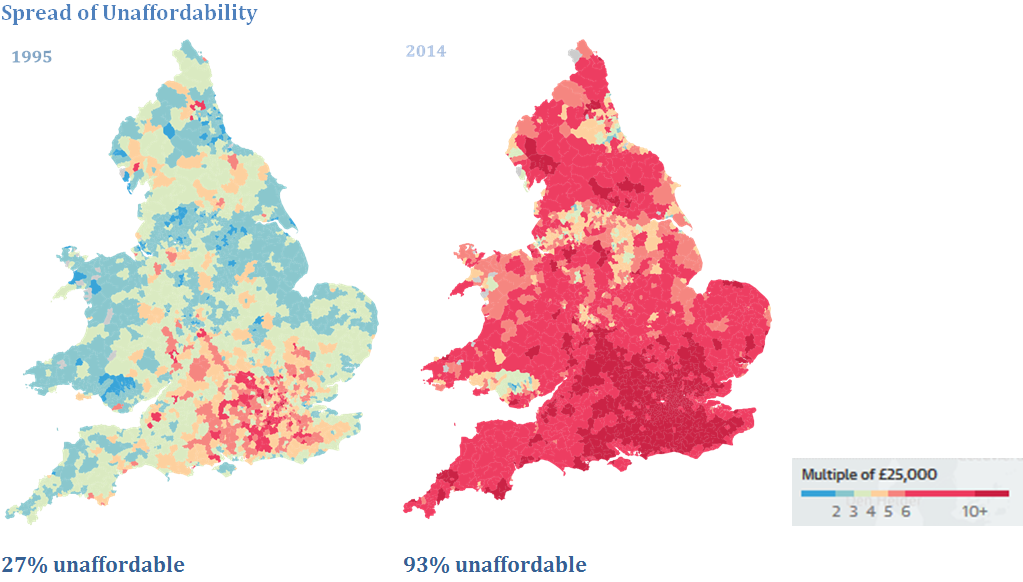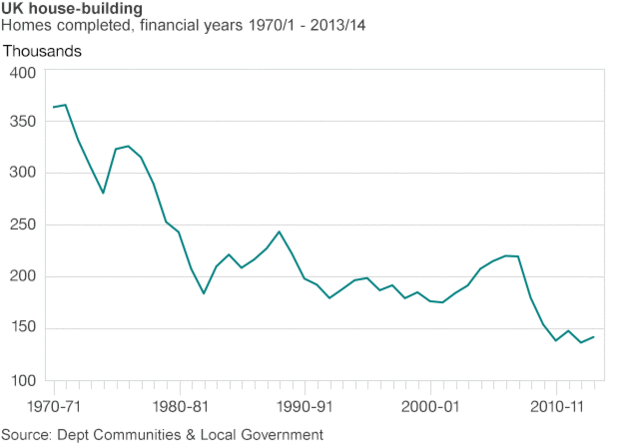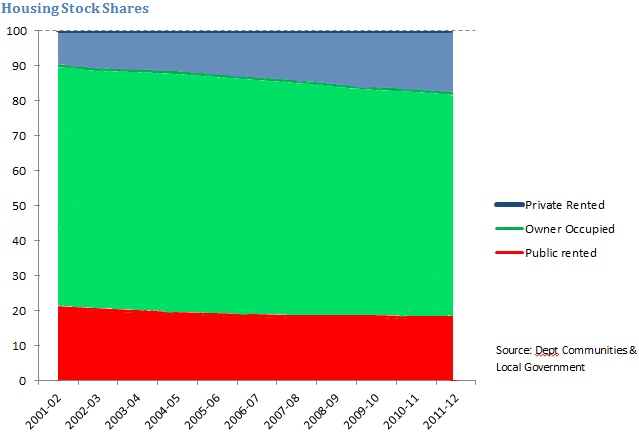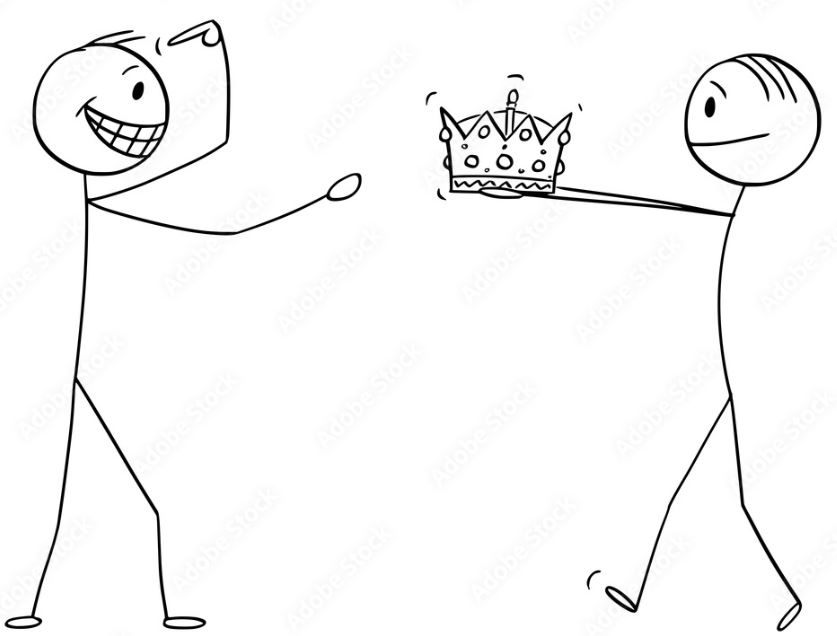
Bhutan, Brunei, Cambodia, Eswatini, Lesotho, Thailand, Tonga, United Kingdom. What do these countries have in common? (How many could you even locate on a globe?)
Geography
Well, the common link is not location: four of the non-UK countries are in Asia, two in Africa and one is an island in the Pacific. So, they are quite widely scattered around the world in no obvious pattern.
Population size
The only country of comparable size to the UK is Thailand with nearly 70 million people. Next comes Cambodia with nearly 17 million. The rest account for only four and a half million between them, with Lesotho accounting for about half of that figure.
Religion
Diversity rules here also. Three countries are majority Buddhist, three majority Christian and one Sunni Muslim. So, religion is not the common link.
Population wealth
Of the world’s 194 countries, the UK is in 26th position in terms of GDP per head of population (PPP rating). Only Brunei’s people are wealthier (9th). All the rest are much poorer, ranging from Thailand in 74th position to Lesotho at 166th.
LGBT+ rights
I’m covering just one such right: the legality of male homosexual acts. In Brunei, such acts are, at least in theory, punishable by death. It’s still illegal, but the law is not enforced, In Eswatini and Tonga and it’s legal in the remaining five countries.
Politics
Brunei and Eswatini are absolute monarchies, with Brunei described as “autocratic”. The rest are classified as constitutional monarchies, but with some caveats. Cambodia is de facto a one-party state and Thailand see-saws between “genuine” democracy and military dictatorship: the Thais have the fourth highest rate of military coups in the world. And of course, the Tories have been in power for about two thirds of the time since full adult franchise, despite rarely achieving more than 50% popular support – and never since World War Two.
But we may be on to some connection here: all the countries in the list are monarchies. Getting close, but that’s not the connection. For example, there are still 12 monarchies in Europe, but only the UK is in my list.
Enforced jollity time again!
The title of this blog post already contains the clue: these are the remining eight countries in the world who still hold coronation ceremonies for their new monarchs. Bhutan goes one step further and has an annual ceremony on the anniversary of the king’s coronation in 2006.
The last coronation in Britain for the previous monarch cost £46 million in 2022 prices. We have been promised a “stripped down” version this time, in a bow to the straitened times we’re living through. But is it really the best way to spend that sort of sum of money when millions are worried about affording to eat or heat this winter? The last coronation elsewhere in Europe took place over 100 years ago. What is it that makes us so backward?
Support for Britain becoming a republic varies over time, in part driven by events involving the royal family. But the latest polls suggest around one third of us want the country to be a republic. Amongst the young, the figures are reversed: amongst 18-24 year olds, support for the monarchy is only 31%. Following the accession without a vote last month, it really seems to be holding two fingers up to that significant minority – majority in the young – to continue, uniquely in Europe, this ludicrous, feudal ceremony. In the name of all that is sane and rational, is holding a coronation the sort of thing a member of the G7 countries should be doing in the 21st century?
